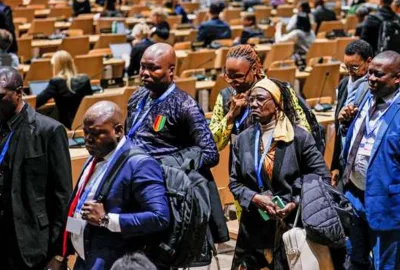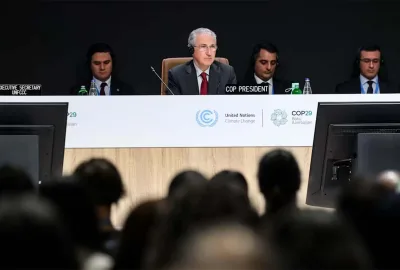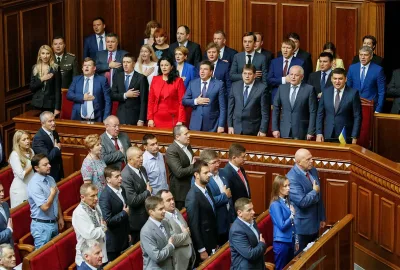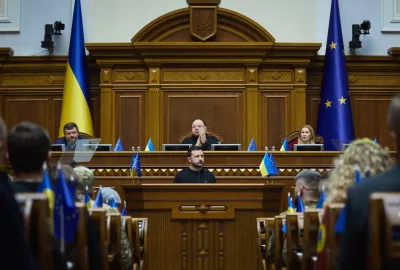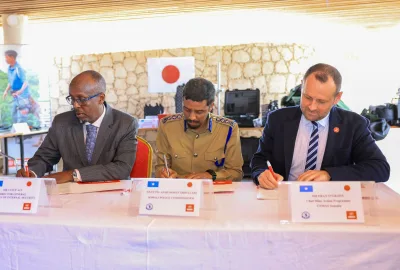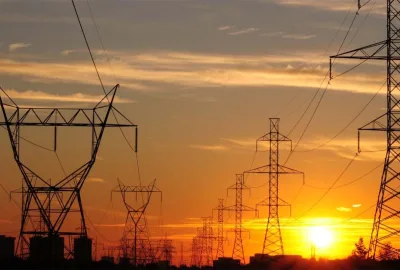Commerce in Somalia was interrupted for a second day on Monday as traders protested the introduction…
Commerce in Somalia was interrupted for a second day on Monday as traders protested the introduction of a sales tax, a key reform for the Horn of Africa nation’s government that secured a $100 million lifeline from the International Monetary Fund.
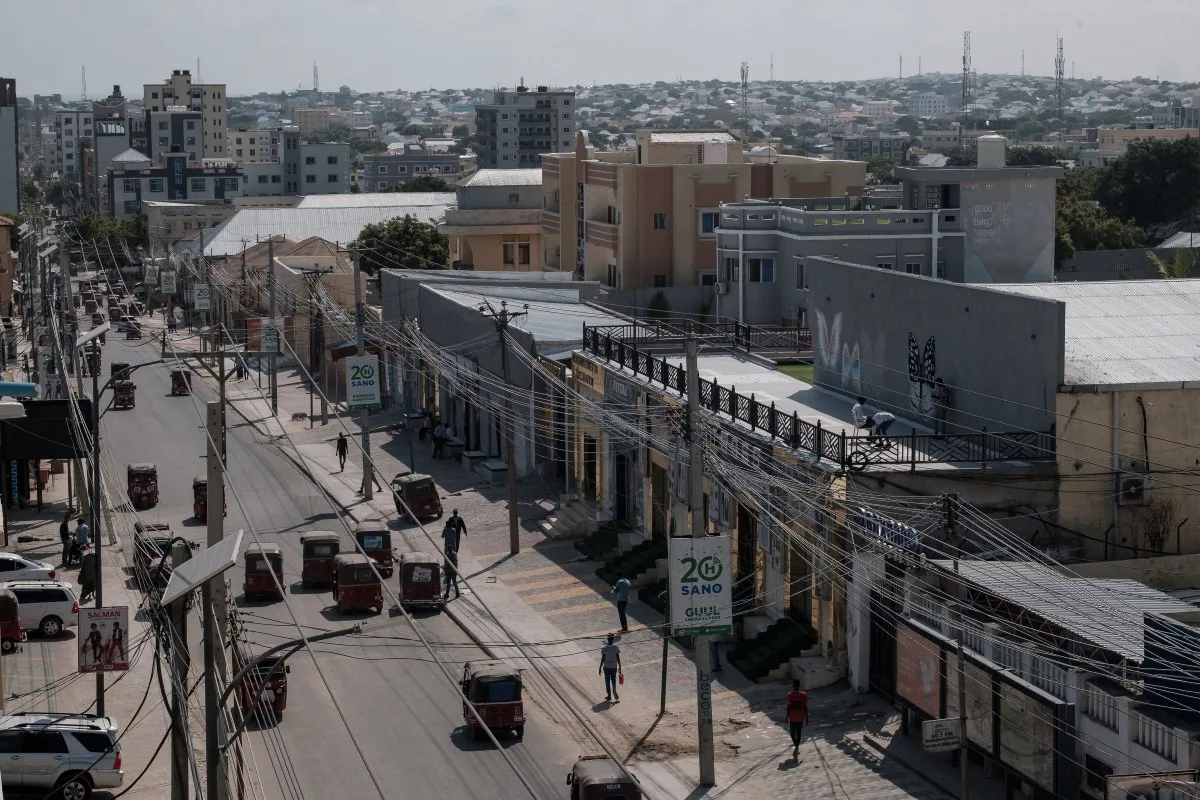
Market traders in Somalia protested for the second consecutive day on Monday against a new five percent tax on electronic payments. Many shops in Mogadishu’s main Bakara market were closed as dozens of merchants expressed their dissatisfaction, citing existing high transportation tariffs.
The 5% value-added tax, which took effect on Aug. 18, is being levied on most goods and services, including banking. It comes as President Hassan Sheikh Mohamud’s administration tries to rebuild an economy decimated by more than three decades of civil war and opposition from al-Shabaab, a terrorist group linked to al-Qaeda.
The tax requires all merchants, regardless of business size, to impose a flat five percent fee on electronic transactions, which the government claims is necessary for funding infrastructure and security.
“We are not against the tax, but we need a proper system and an end to illegal extortion from merchants before we can accept the government’s directives,” said trader Suleyman Adan. Resident Fadumo Adan noted that while some businesses were complying, many merchants protested to voice their objections to the value-added tax (VAT).
Lawmakers have criticized the tax, which took effect on Sunday. Politician Yusuf Gamadid argued, “Merchants are already heavily taxed; imposing additional taxes without legal guidance is unfair.” He called for a structured tax law to adequately address public concerns. MP Faiza Jeyte added that complaints also arose from inadequate public services, questioning the use of tax funds when emergency services are lacking.
Finance Minister Bihi Iman Egeh defended the VAT as a transparent tax established by a 1984 law, already approved by parliament. He stated that merchants’ concerns had been addressed and were based on misunderstandings without elaborating further. Earlier this month, tuk-tuk drivers clashed with police during demonstrations over proposed increases in license fees.


